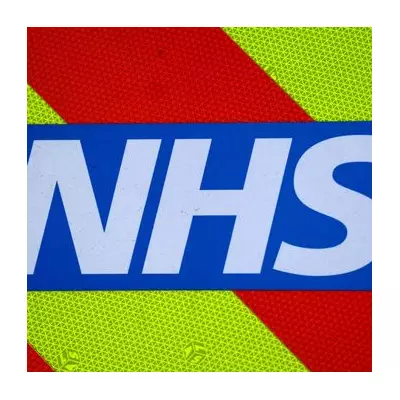
In a surprising pharmaceutical development that reverses nearly half a century of medical practice, the opium-based pain medication Opium is poised to make a dramatic return to pharmacies across England and Wales.
A Controversial Comeback
The drug, which was withdrawn from the UK market in the 1970s, has received regulatory approval for reintroduction following extensive review and modern safety protocols. This decision marks a significant shift in pain management strategies and represents one of the most notable pharmaceutical comebacks in recent memory.
Modern Formulation, Ancient Remedy
Unlike its historical counterparts, the new formulation of Opium will be available exclusively as a prescription-only medication under strict medical supervision. Pharmaceutical company Opium Limited has developed contemporary manufacturing processes that ensure consistent dosing and purity—addressing concerns that led to the drug's original withdrawal.
Medical professionals are cautiously optimistic about the reintroduction. "For patients with specific types of chronic pain that haven't responded to conventional treatments, this could represent a valuable additional option," explained Dr. Eleanor Vance, a pain management specialist at London's Royal Hospital.
Rigorous Safety Protocols
The Medicines and Healthcare products Regulatory Agency (MHRA) has implemented comprehensive monitoring requirements:
- Mandatory specialist prescribing with regular patient reviews
- Strict dosage controls and prescription duration limits
- Enhanced patient education about potential risks and side effects
- Robust reporting systems for monitoring adverse effects
A New Approach to Pain Management
The decision to reintroduce Opium comes amid growing recognition that some patients with severe, treatment-resistant pain conditions have limited options. While opioid medications remain controversial due to addiction risks, medical authorities emphasise that properly managed use in carefully selected patients can provide significant benefits.
Patient advocacy groups have welcomed the news cautiously, noting that while expanded treatment options are valuable, appropriate safeguards must remain in place to prevent misuse and addiction.
The medication is expected to become available through hospital pharmacies initially, with potential expansion to community pharmacies following further evaluation of its use in real-world clinical settings.





